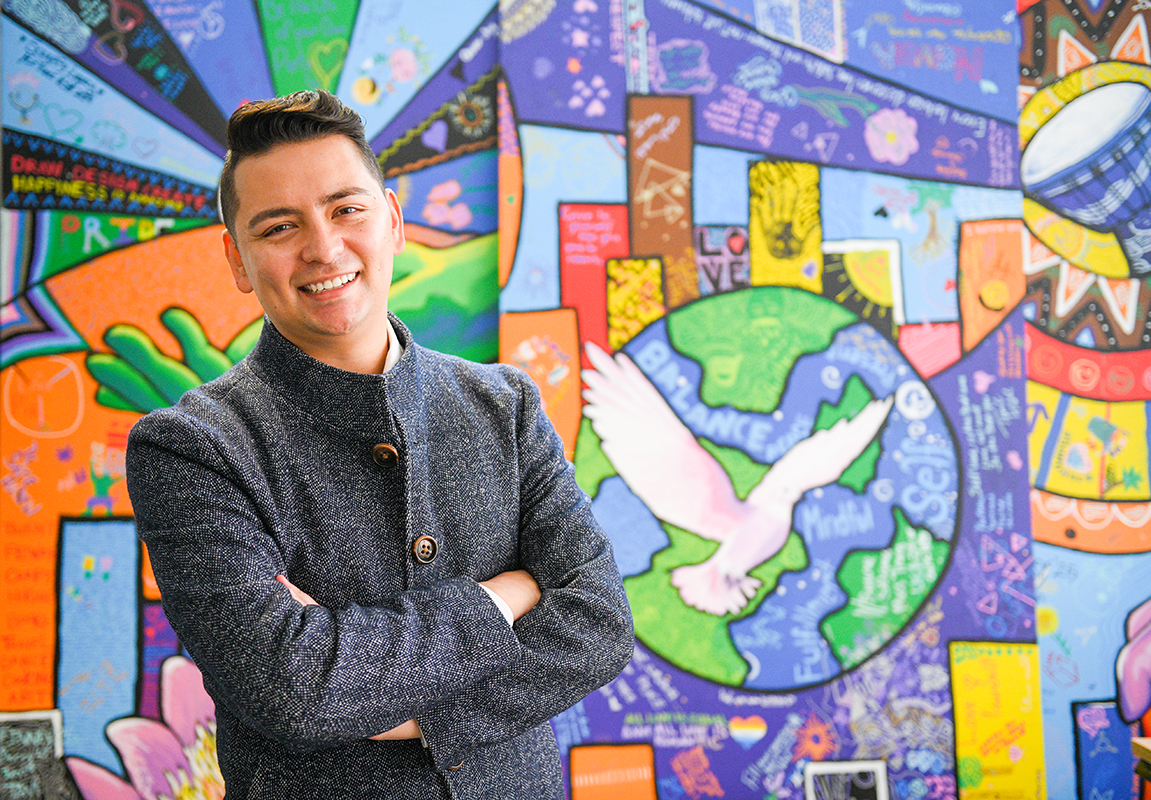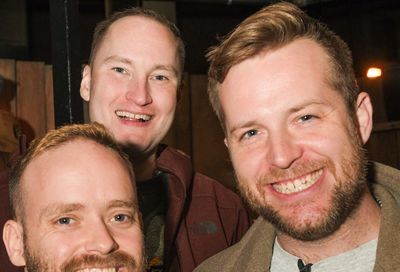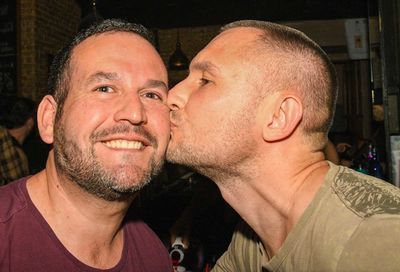Study: Even more Americans identify as something other than heterosexual
A new survey finds the number of people who identify as bisexual, pansexual or homosexual continues to rise

A United States study has found that more people than ever before identify as something other than heterosexual.
The study by YouGov, a U.K.-based data analytics firm, found that one-third of 18 to 34-year olds identify as something other than completely heterosexual — a figure that has increased by 5% since 2015.
Carrie Baker, director of Smith College’s Program for the Study of Women and Gender, told Newsweek that society’s increasing acceptance of LGBTQ relationships has led to an increasing rise in people being more open about their sexuality.
“Really it was not that long ago that same-sex behavior was illegal in this country,” said Baker. “As our culture opens up same-sex sexuality as a possibility, more people are likely to experiment or to acknowledge those feelings or act on them.”
She also explained that an increase in same-sex couples being depicted in movies and television, as well as the U.S. Supreme Court ruling for same-sex marriage and the repeal of “Don’t Ask, Don’t Tell,” have helped spur conversations that allow people to feel more comfortable with their sexuality.
The study was conducted by having participants rank themselves from a 0 to 6 on the Kinsey scale, 0 being completely straight and 6 being completely gay. The data collected was then compared to a similar study conducted in 2015.
Of the 1,096 people surveyed, 25% labeled themselves as something other than completely heterosexual, an increase from 20 percent in 2015. Twenty percent also picked a 1-5 on the Kinsey scale, meaning they’re bisexual, pansexual or fluid, compared to 16% three years ago. Those who listed themselves as exclusively homosexual — or a 6 on the Kinsey scale — increased 1% over 2015.
Baker said that these results show that sexual attraction is on a spectrum, which she attributes to young people’s openness.
“Circumstance can influence sexuality,” she said. “I also think the young people are thinking less of sexuality as sort of rigid and binary and more as on a continuum and as fluid.”
Support Metro Weekly’s Journalism
These are challenging times for news organizations. And yet it’s crucial we stay active and provide vital resources and information to both our local readers and the world. So won’t you please take a moment and consider supporting Metro Weekly with a membership? For as little as $5 a month, you can help ensure Metro Weekly magazine and MetroWeekly.com remain free, viable resources as we provide the best, most diverse, culturally-resonant LGBTQ coverage in both the D.C. region and around the world. Memberships come with exclusive perks and discounts, your own personal digital delivery of each week’s magazine (and an archive), access to our Member's Lounge when it launches this fall, and exclusive members-only items like Metro Weekly Membership Mugs and Tote Bags! Check out all our membership levels here and please join us today!


























You must be logged in to post a comment.